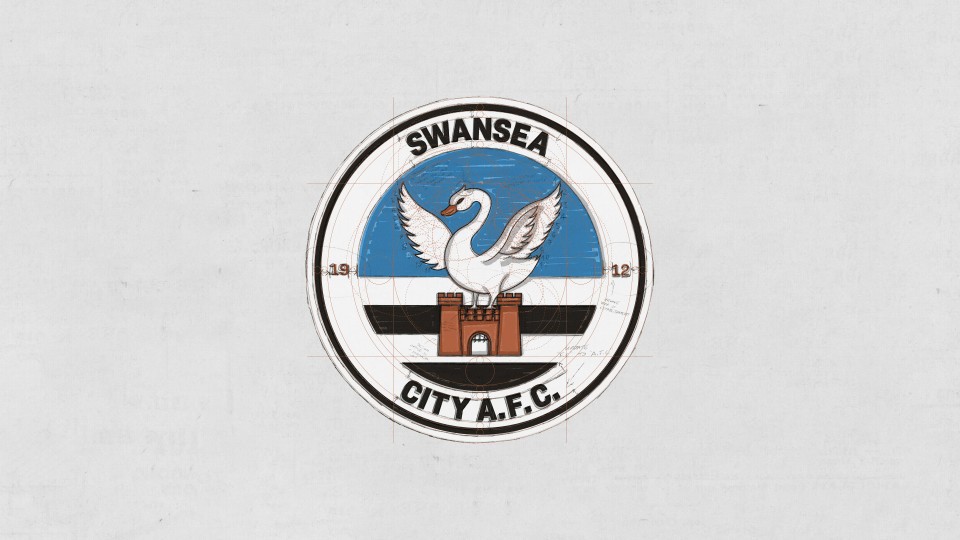Swansea City confirm latest accounts
Swansea City has reported a pre-tax loss of £13m for the financial year ending July 31, 2022 in its latest set of accounts.
This follows a loss of £4.6m from the previous year (July 31, 2021) and a profit of £2.7m from the financial year ending July 31, 2020. All figures are before taxation.
Turnover for the year was down to £19.7m compared to £27.5m for the previous year, owing principally to the end of the club’s Premier League parachute payments in the summer of 2021.
Broadcast revenue was £9.2m compared to £21.7m the previous year, while commercial revenue rose to £3.2m compared to £1.2m. Matchday income also increased to £4.2m from £1.8m, largely due to the return of full capacity crowds to stadiums following a season played almost entirely behind closed doors due to the Covid-19 pandemic.
The club’s total operating costs reduced to £43m - including player amortisation and impairment costs of £2.7m - from £47.8m in 2021.
The club employed an average of 510 members of staff, including playing staff, backroom staff and part-time matchday staff, during the year at a cost of £26m.
This compared to 244 staff members at a cost of £27.7m the previous year – a reduction in staff costs of £1.7m. The increase in staffing numbers was due to the club bringing its catering operation in-house, with a rise in casual matchday staff across hospitality and concourse areas, while the return of crowds meant a rise in staff across operational departments.
The accounts cover the duration of the 2021-22 season in which the club had a change of head coach in the summer of 2021, while they also include the sale of Flynn Downes to West Ham.
No dividends were paid to shareholders during the financial year.
Throughout the financial year the club has continued to be supported by ownership with a series of Convertible Loan Notes (CLNs) which have been converted into equity in the current financial year, meaning the club’s overall debt position has improved.
“These latest accounts cover a season where the club’s Premier League parachute payments came to an end, which is the principal reason why such a financial loss has been reported,” said Swansea City chief executive Julian Winter.
“However, the return of supporters to stadiums following the pandemic has been crucial for us to build up our matchday income following nearly 18 months without anyone being able to come to matches.
“The reporting period also covers a time where we appointed Russell Martin as our head coach, with a clear return to a playing style and identity that is synonymous with this club, as well as a commitment to giving young players an opportunity to thrive.
“When a club sees its parachute payments end, there is a clear need to operate sensibly financially and to avoid decisions that jeopardise the long-term future of the football club. The club continues to be supported by ownership and the conversion of loan notes that has taken place in recent months is a positive step in terms of improving the club’s debt position.
“Whilst reporting a financial loss is far from uncommon for clubs operating at this level – or indeed even higher – we remain in a comparatively positive financial position as we now look forward to what will be an important summer for the club.”
